They provide bearing protection, lubricant retention, exclusion of contaminants and minimize or eliminate the leaking of fluids. They are able to perform well for long periods of time with a high rotating speed and in temperatures anywhere from -60°F to 200°F. Rotary seals perform even in poorly lubricated and dry conditions. Read More…
MSP Seals was founded in 1998 in Indianapolis, IN. Our company has been a major supplier of seals and various other materials, continually innovating and responding to the changing needs of our customers. We have introduced unique new products, o-rings, hydraulic/pneumatic packings, oil seals, and other types of seals, MSP Seals also supplies molded rubber shapes and lathe cut shapes.

Garlock Sealing Technologies is the global leader in high-performance fluid sealing products for the world’s processing industries. Their 12 manufacturing facilities in the U.S., Canada, Europe, Asia and Latin America collectively produce the broadest range of fluid sealing products designed specifically for industrial applications. Some products include metal gaskets, o-rings and oil seals.

Kent Rubber Supply has been a trusted supplier of hydraulic seals since 1946. Focusing in exceeding customer service, we leverage the best equipment and the most knowledge staff to ensure we meet our customers unique needs. With our trusted experts, we determine the best rubber, foam, sponge or PVC material for your specific need. We continue serving customers both offshore and domestic.
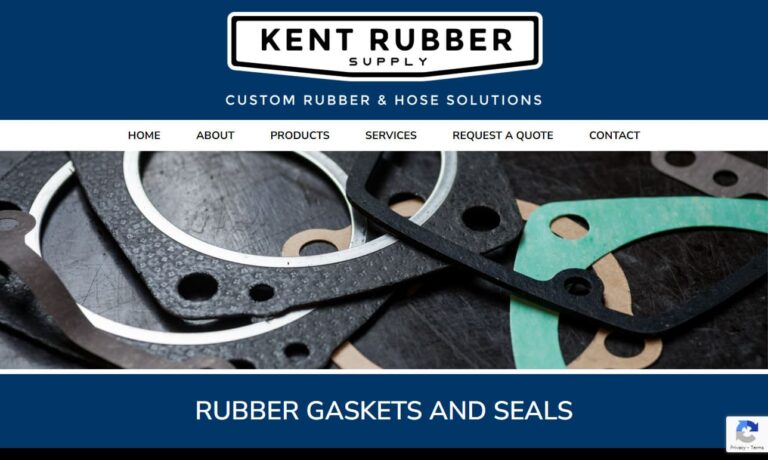
Our list of inventory has grown since our founding over 20 years ago. We started small, but now offer an extensive product list of hydraulic seals, o rings, and other rubber products.
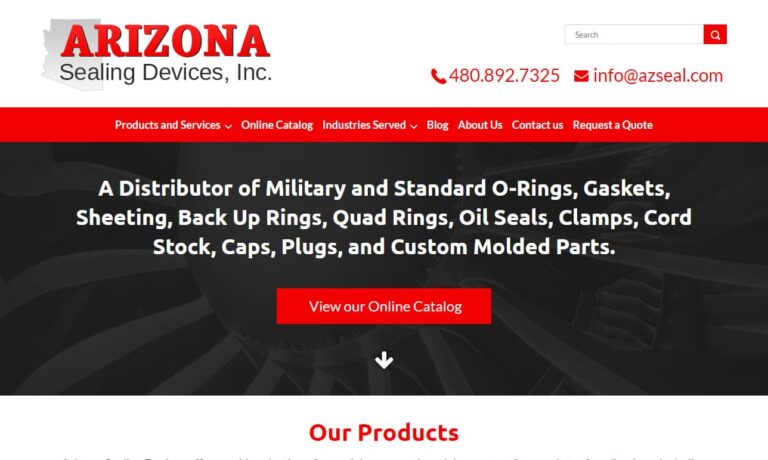
More Rotary Seal Manufacturers
Rotary seals provide a seal for oxygen, gases, water, other fluids, hydrocarbons and food materials. They are found in any machinery with a spinning component within the hydroelectric power, hot and cold steel rolling, chemical and petroleum processing, automotive manufacturing, food and pharmaceutical, machine tooling, pulp, paper and textile processing and hydraulic industries.
Gearboxes, marine propulsion systems, process mixers, tunnel boring machines, recreational vehicles and other machines and equipment use rotary seals, which, when used correctly, lengthen the system's lifespan and increase its durability. Some are made of metal or plastic materials, but the most popular material for rotary seals is Teflon, or PTFE.
This material is inert, meaning it will not react with most chemicals, and it performs well under high pressures and in vacuum environments. Some Teflon rotary seals are made specifically for food and beverage processing or pharmaceutical manufacturing applications and must meet strict FDA requirements. Most Teflon seals contain strengthening additives like graphite, bronze, glass and carbon.
Rotary seals have many different profiles, but they are usually round and shaped much link an o-ring. They are always symmetrical, meaning their cross sections are mirror images of each other. Because this type of seal is usually made out of Teflon, a material that cannot melt, they are all manufactured by the sintering process.
Sintering takes Teflon in powder form, places a dense amount in a rotary seal-shaped mold that is subjected to high heat in an industrial furnace for a certain length of time before being rapidly cooled. This forces the powder to adhere together and condense into a hard, black plastic or rubber-like product that is inert, resistant to most chemicals and substances and can withstand large amounts of pressure and even vacuum environments. While the primary function of seals in rotary applications is to retain the bearing lubricant, they also enhance the life and performance of the bearing by minimizing all dirt, oil and water ingress.



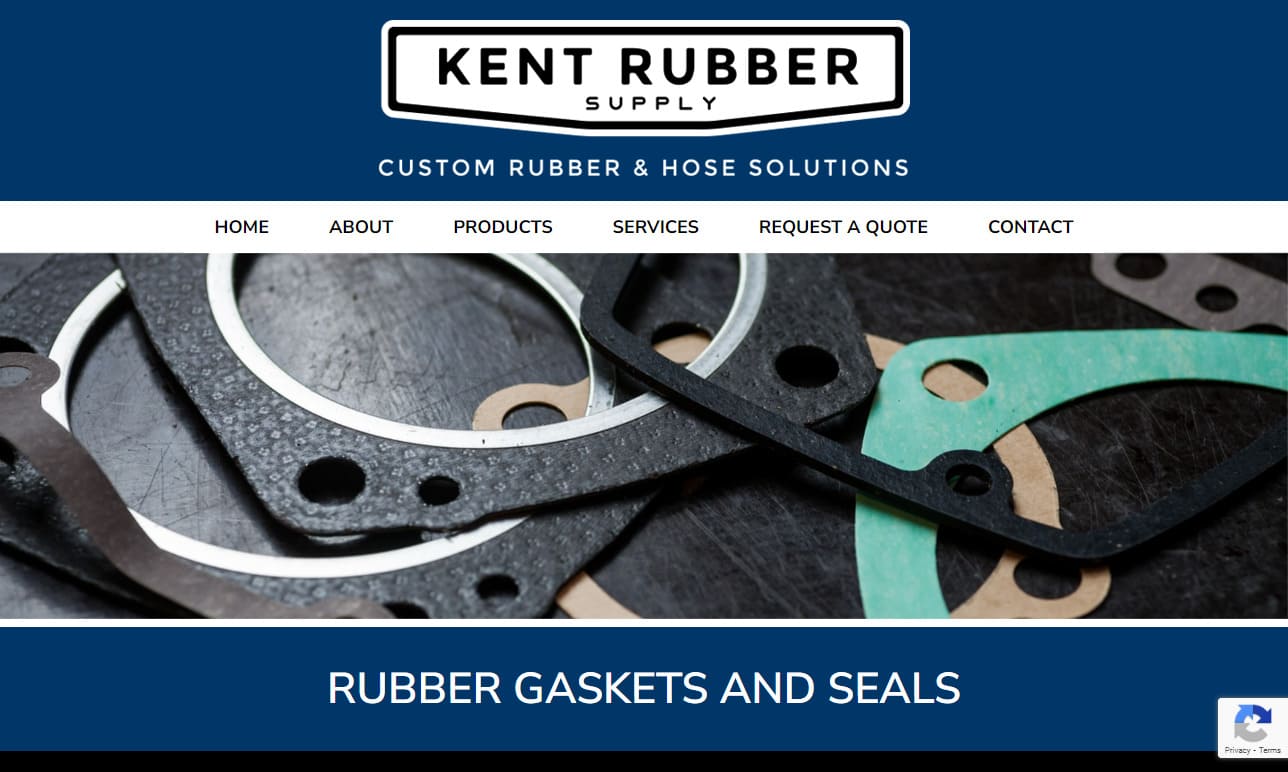
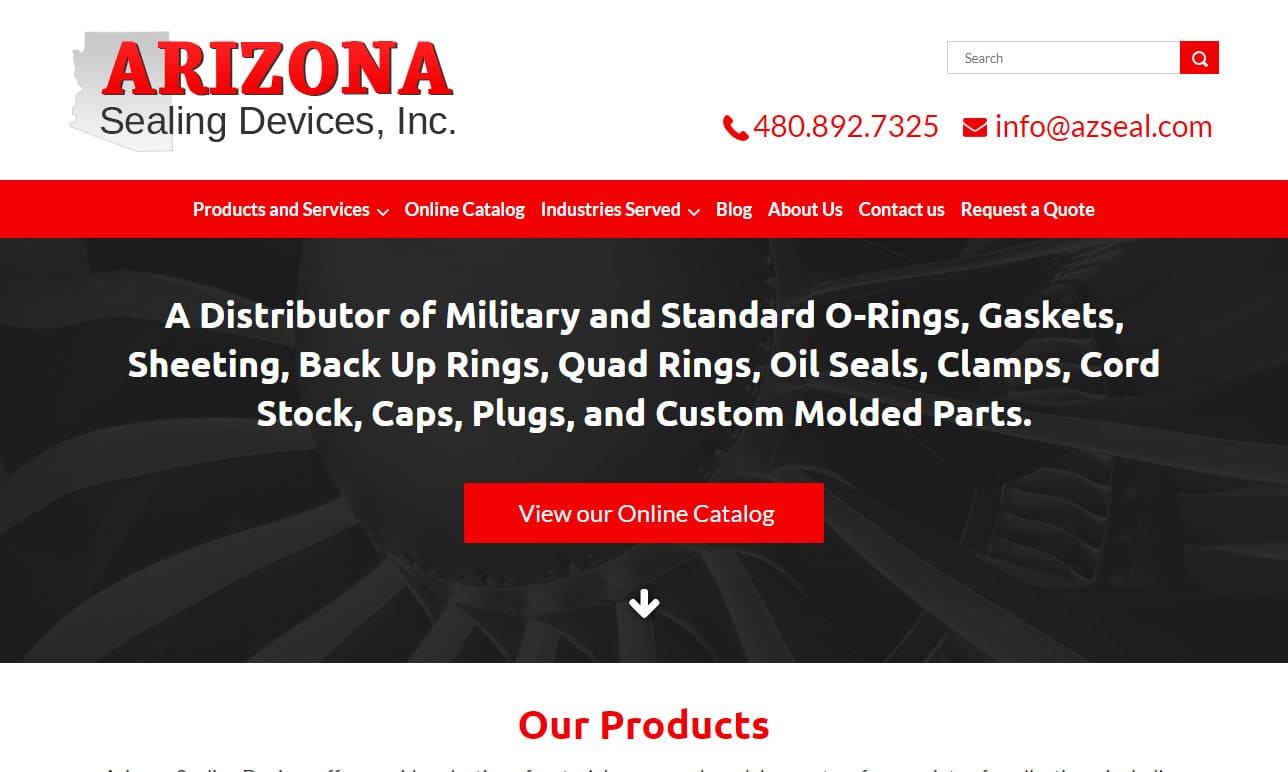
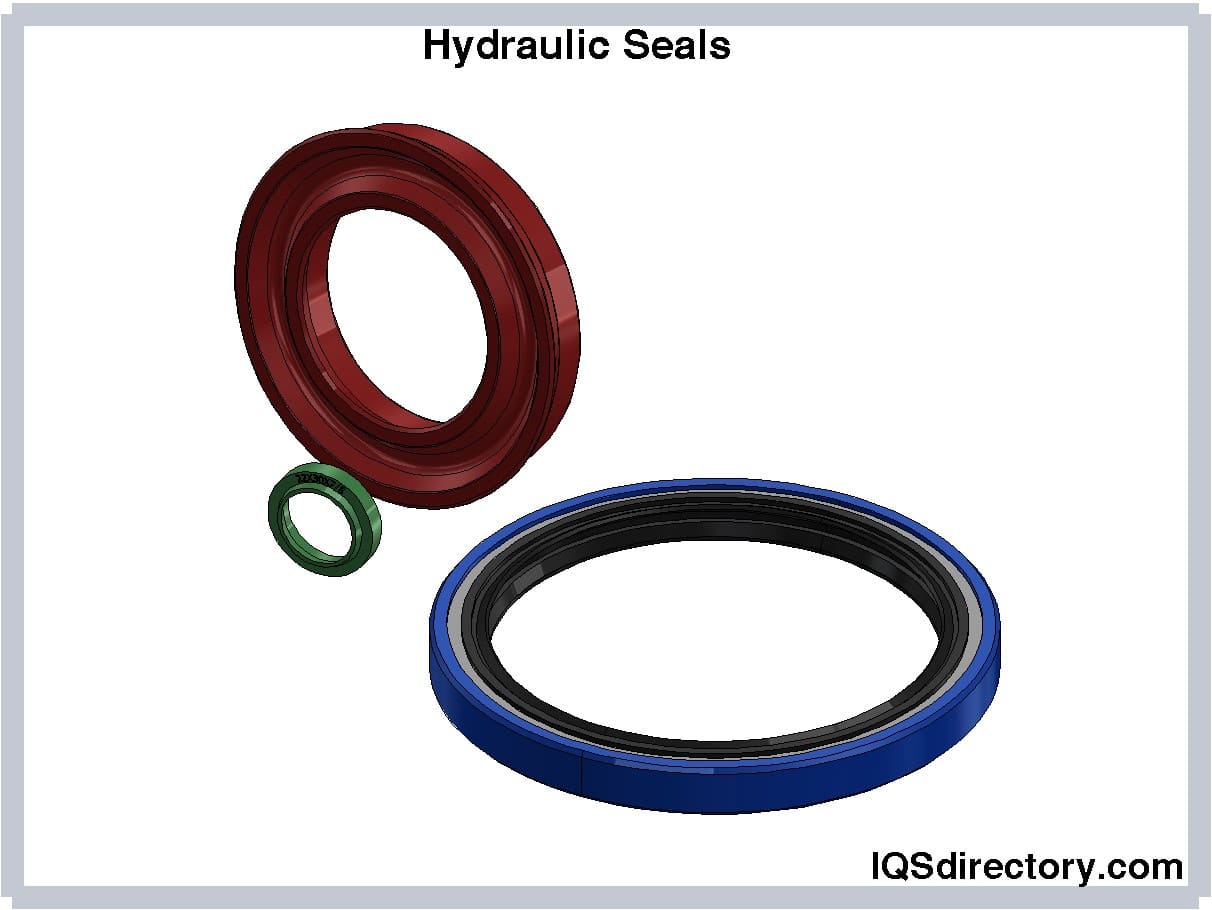
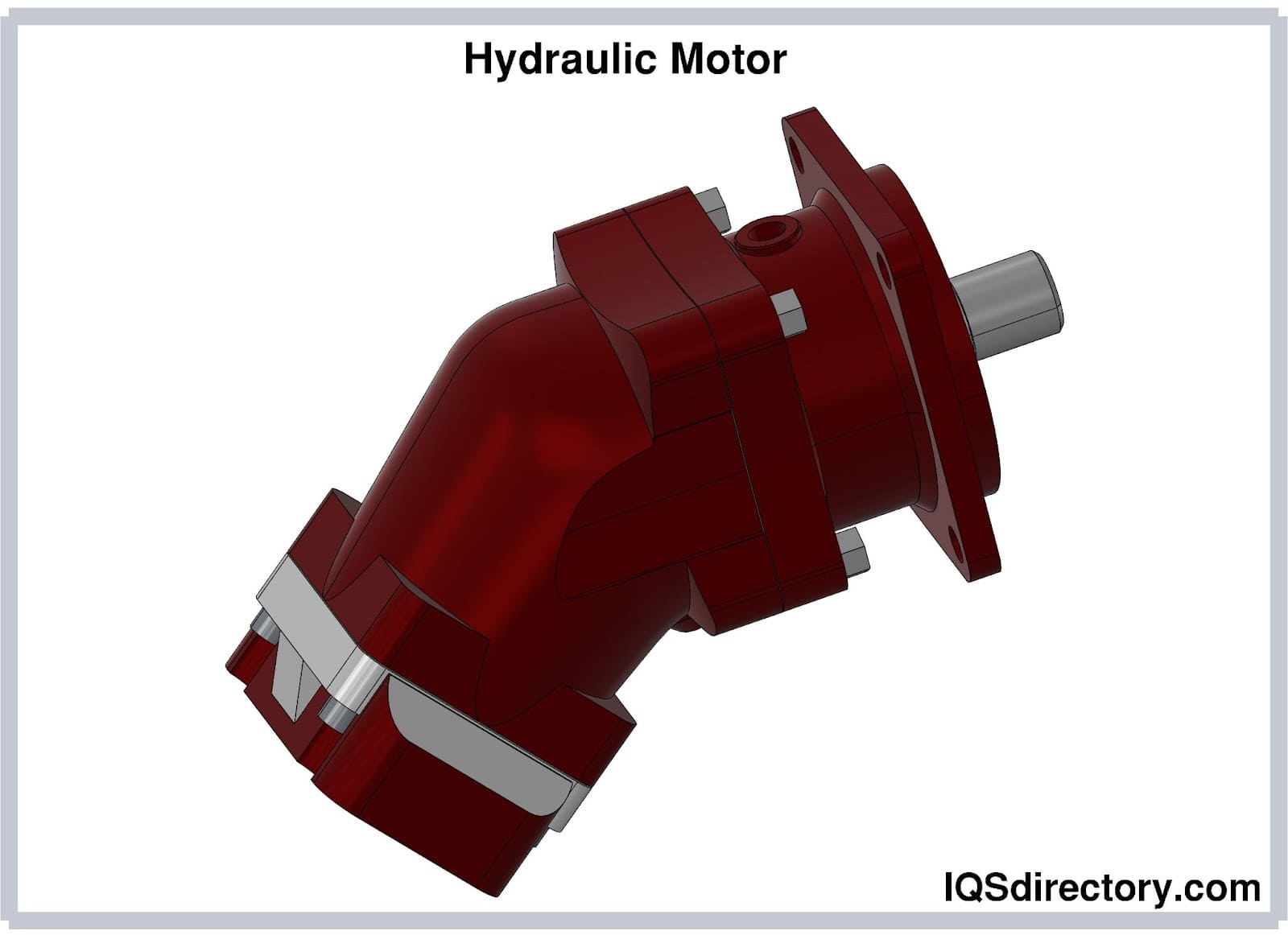
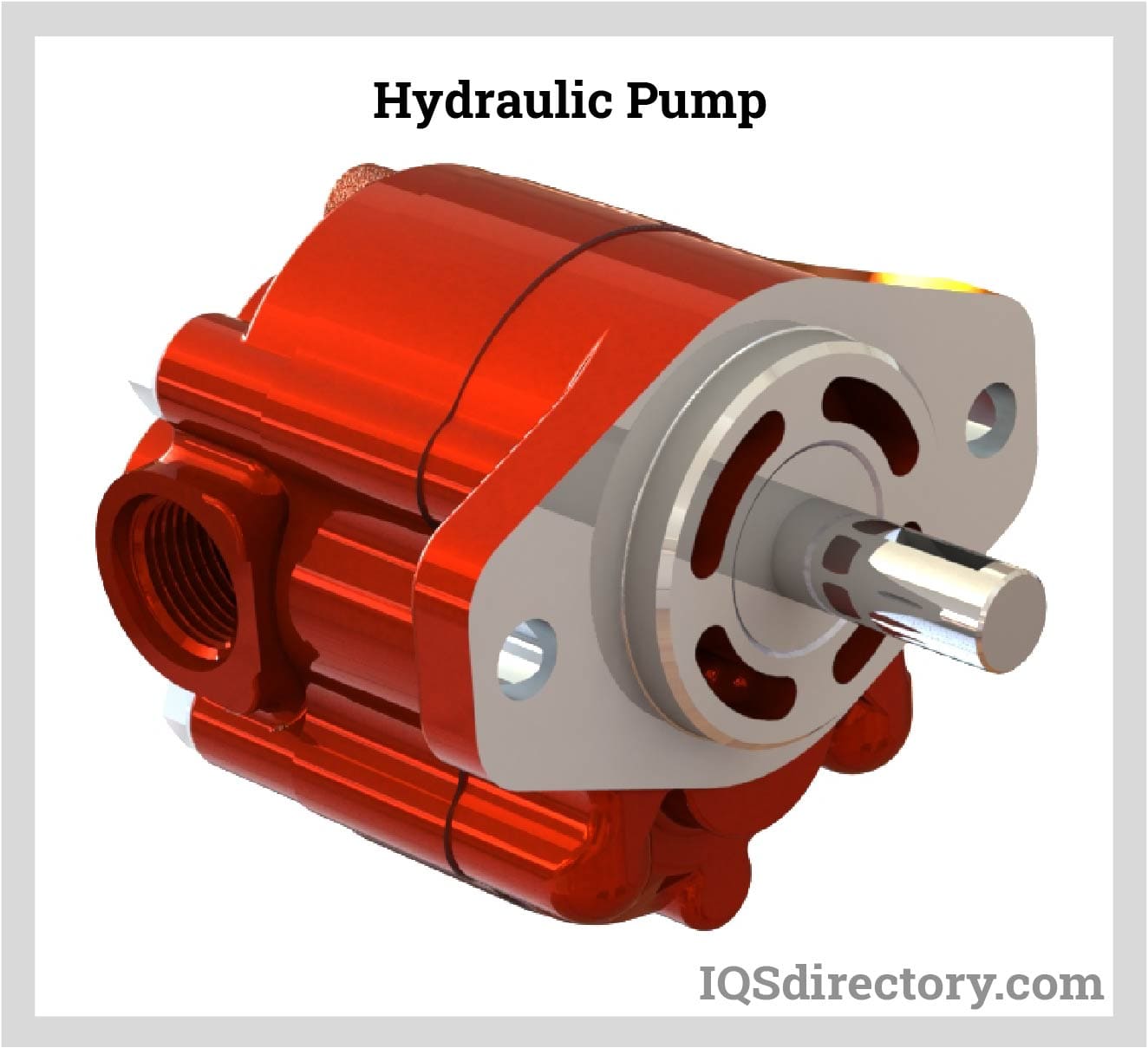
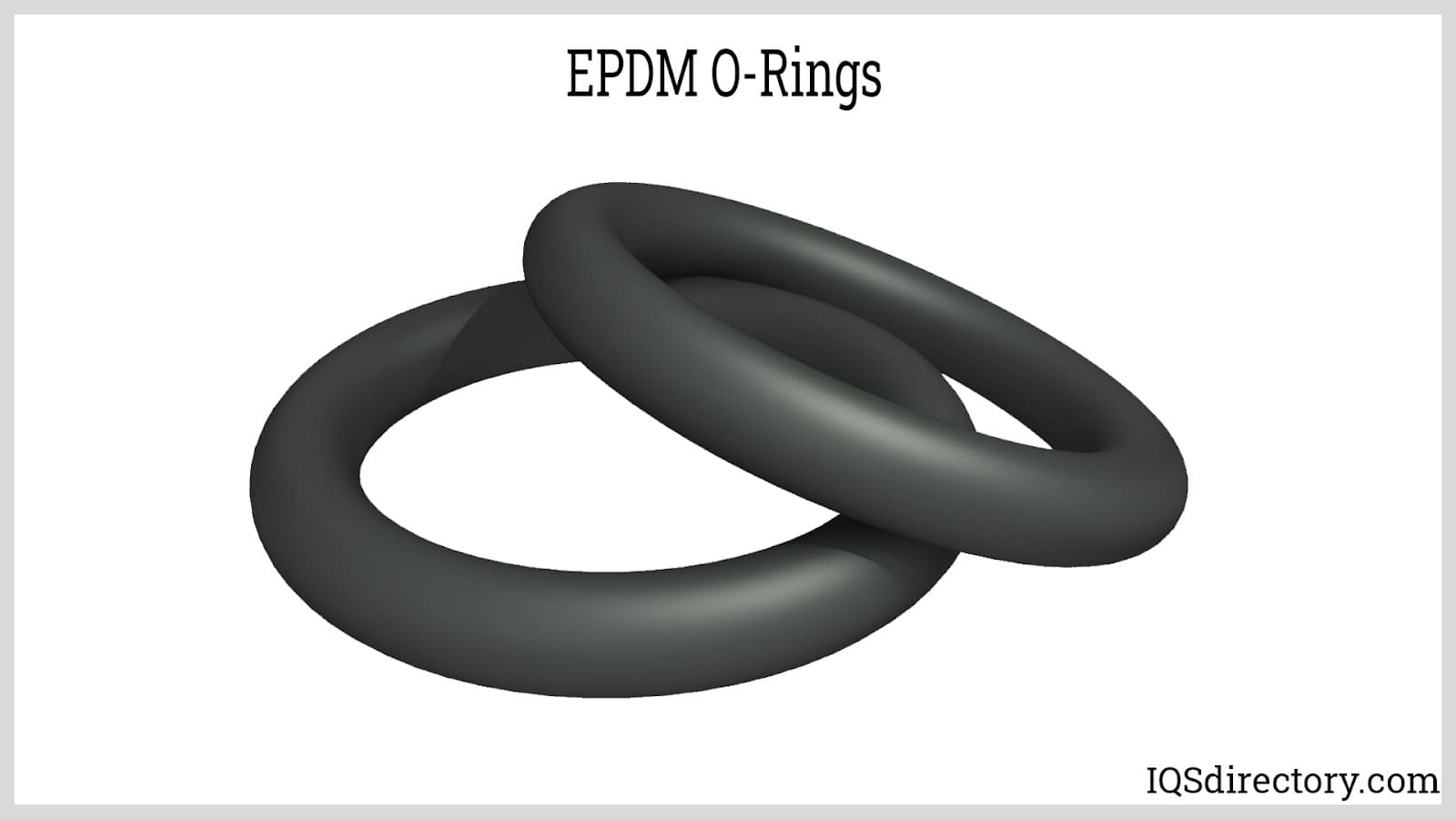
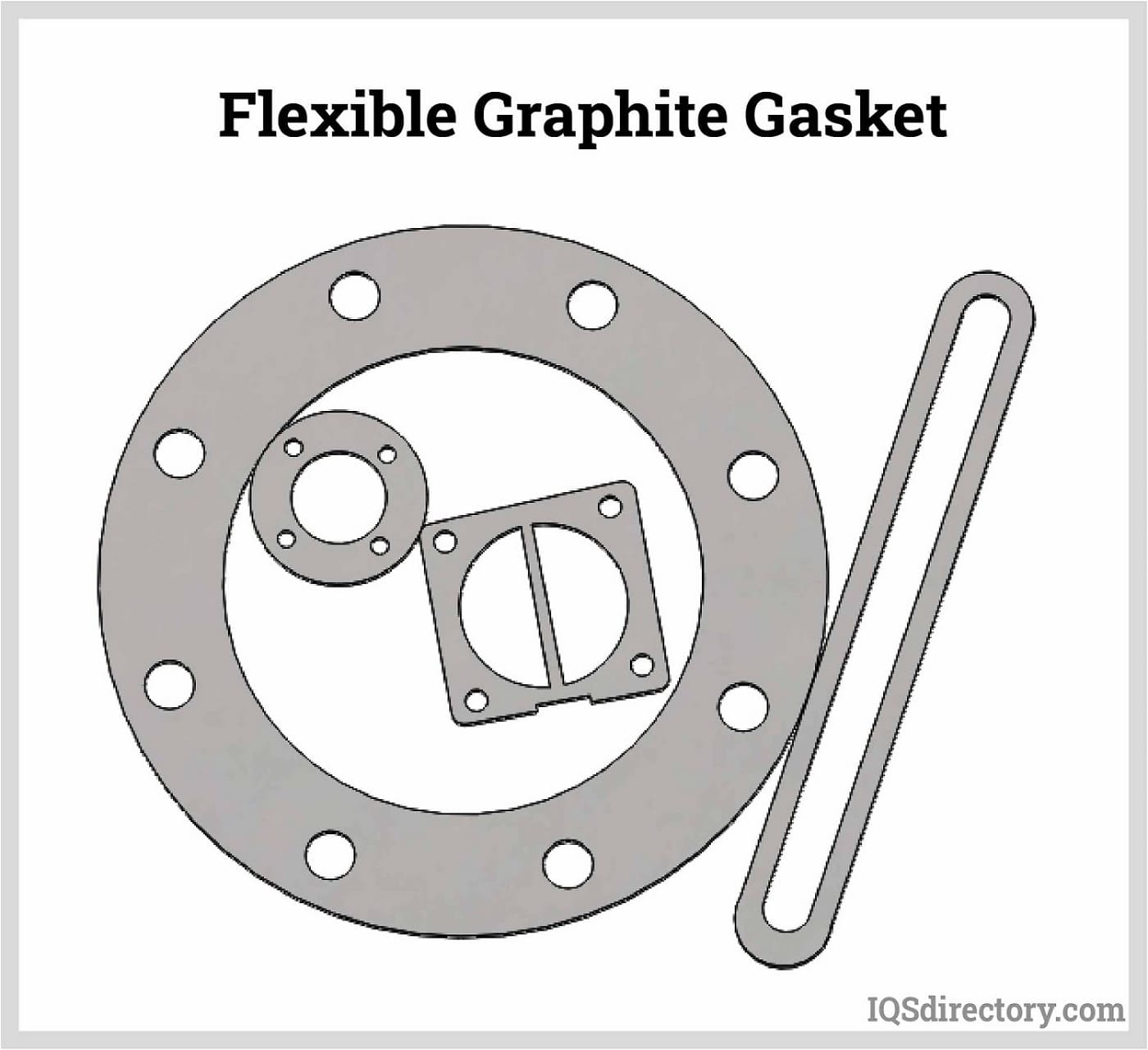
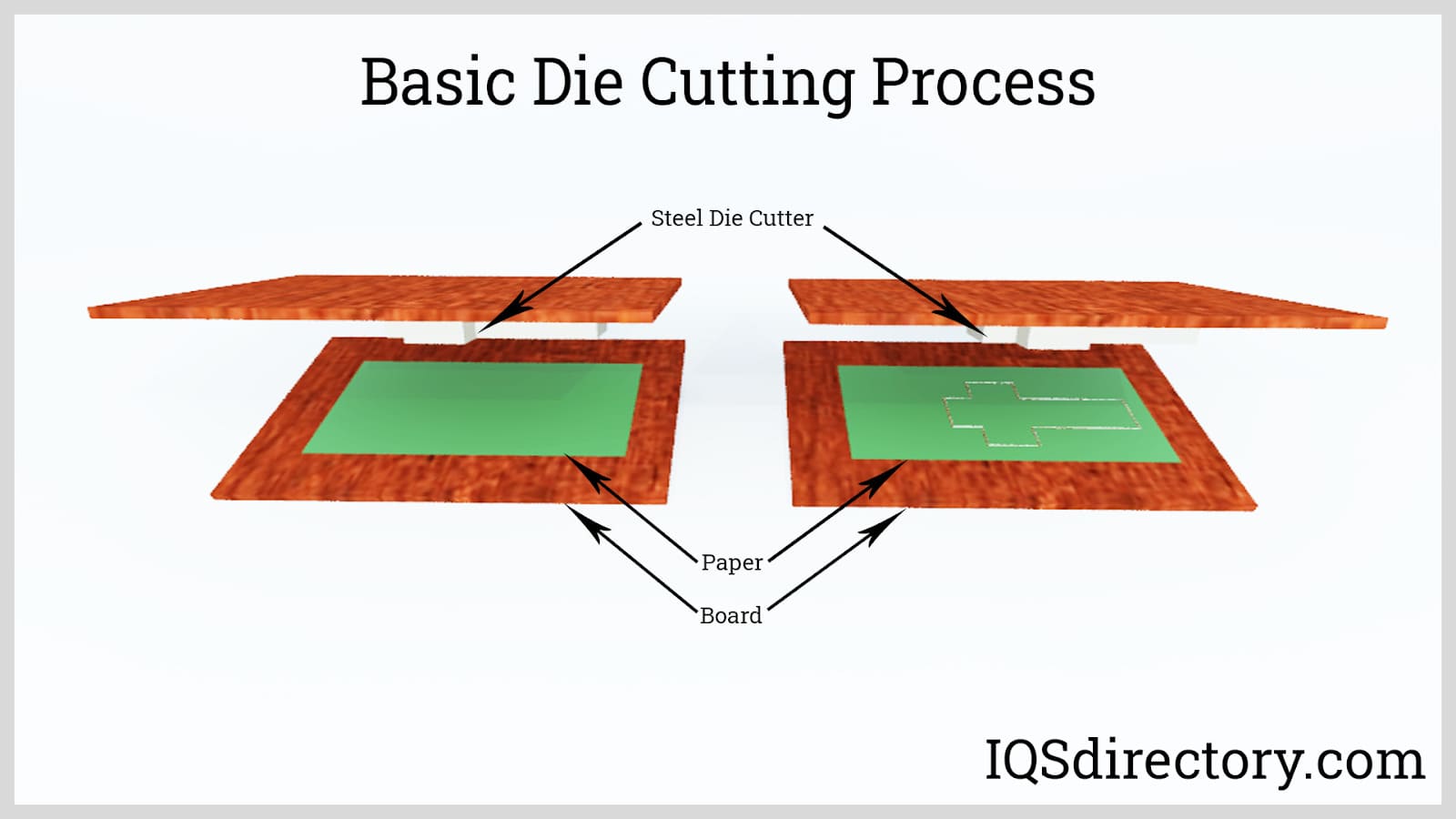
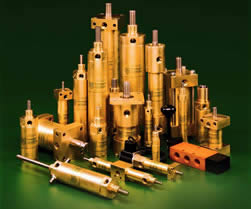 Hydraulic Cylinders
Hydraulic Cylinders Hydraulic Lifts
Hydraulic Lifts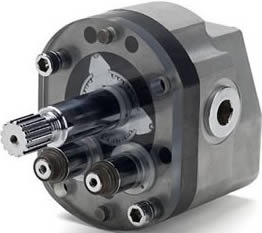 Hydraulic Motors
Hydraulic Motors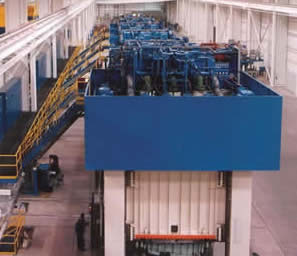 Hydraulic Presses
Hydraulic Presses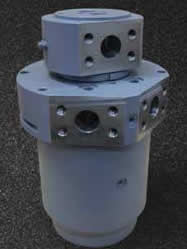 Hydraulic Pumps
Hydraulic Pumps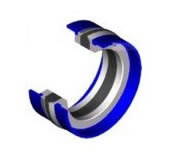 Hydraulic Seals
Hydraulic Seals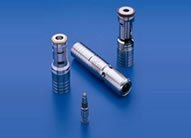 Hydraulic Valves
Hydraulic Valves Castings & Forgings
Castings & Forgings Bulk Material Handling
Bulk Material Handling Electrical & Electronic Components
Electrical & Electronic Components Flow Instrumentation
Flow Instrumentation Hardware
Hardware Material Handling Equipment
Material Handling Equipment Metal Cutting Services
Metal Cutting Services Metal Forming Services
Metal Forming Services Metal Suppliers
Metal Suppliers Motion Control Products
Motion Control Products Plant & Facility Equipment
Plant & Facility Equipment Plant & Facility Supplies
Plant & Facility Supplies Plastic Molding Processes
Plastic Molding Processes Pumps & Valves
Pumps & Valves Recycling Equipment
Recycling Equipment Rubber Products & Services
Rubber Products & Services